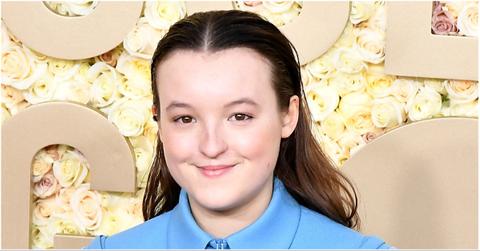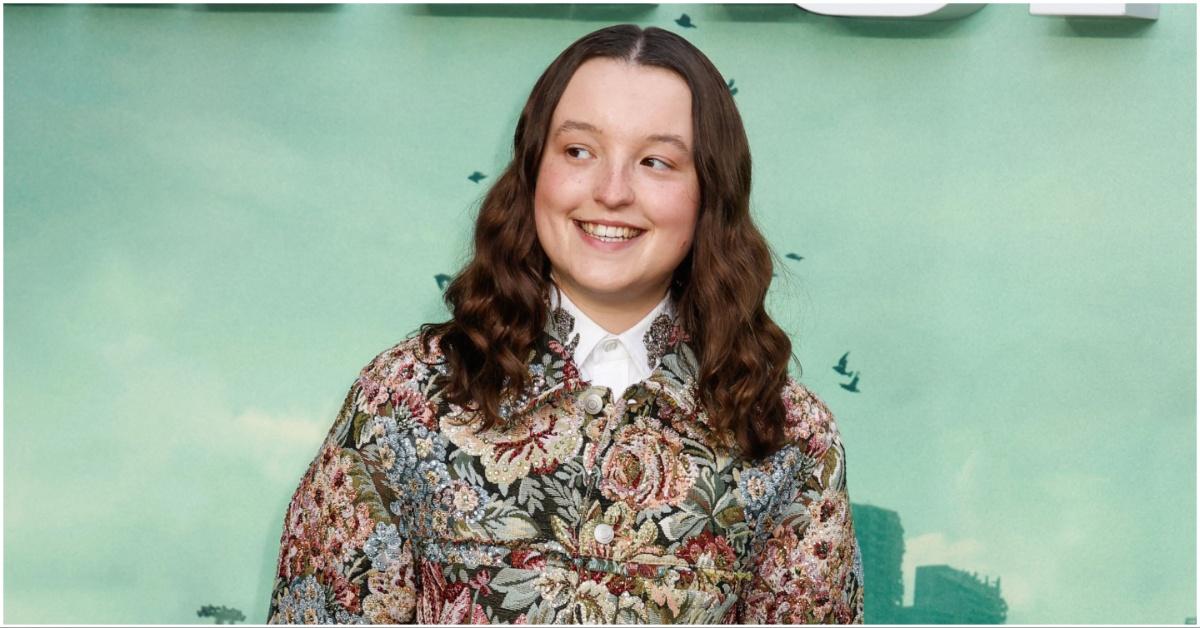Bella Ramsey on Breaking Stereotypes: “Autism Comes in All Shapes and Sizes”
During an interview promoting 'The Last Of Us' Season 2, Bella opened up about their autism diagnosis.
Published April 17 2025, 2:33 p.m. ET

If you’re a fan of The Last of Us and have looked into press coverage for Season 2, you may have seen an interview where Bella Ramsey spoke openly about their autism diagnosis. The topic of Bella’s autism has sparked deep conversations about identity, visibility, stigma, and what it means to thrive as an autistic person.
During the interview with BBC News, Bella did not frame their diagnosis as something new or life-changing, but rather as a tool for understanding themselves better. Keep reading as we explore more about their diagnosis, what it means, and how they hope to encourage others to embrace who they are.

Bella Ramsey’s autism diagnosis didn’t change how they act — it helped explain why.
The diagnosis came during filming for the first season of The Last of Us. According to Bella’s interview with Vogue, a crew member, who was the parent of an autistic child, recognized certain traits and gently encouraged Bella to seek an assessment. They did — and as Bella shared during the interview, receiving that diagnosis was “freeing.”
Bella explained that they had often used the word “neurodiverse” to describe themselves. At some point, however, Bella stopped and questioned why they weren’t just embracing what it was — autism. That shift in Bella’s mindset was a real turning point for how they talked about themselves.
One thing that stood out most during the BBC interview was Bella’s response to how the diagnosis changed their acting. Bella explained that it didn’t change anything. Bella had already been acting — and succeeding — before the diagnosis. The only thing that changed was finding clarity on why they did some of the things they did. At the end of the day, however, it didn’t change who they were.
Bella challenges what society expects autism to look like.
Throughout the interview, Bella made it clear that visibility matters. They said they don’t understand why there’s still so much fear or stigma around being autistic or why people feel the need to hide it. Bella believed there was no reason for people not to know they were autistic. One of the most powerful moments came when Bella said, “autism comes in all shapes and sizes.”
That idea of breaking stereotypes resonated deeply with fans. Bella acknowledged that some people have even expressed disbelief when they share their diagnosis. That disbelief, they pointed out, is exactly why conversations like this are important. Autism doesn’t have one face, one personality, or one way of being.
One commenter on the YouTube clip captured this idea perfectly: “I think auties (like myself) make excellent actors. Those of us who are 'high masking' are literally acting every waking moment.”
Masking — blending in by copying neurotypical behavior — is something many autistic people learn to do instinctively. It’s also one reason why some autistic actors, like Bella, may connect so naturally with their craft.
Conversations around casting in The Last of Us haven’t gone unnoticed in the comments of the same YouTube video. Some fans of the video game have expressed that Bella didn’t match the version of the character they had imagined.
What is striking about these comments, however, is how careful the commenters have been to separate performance critiques from personal criticism. Most clarify that it is not about Bella as a person or their autism. Rather, it is about the expectations that were shaped by the game.
Meanwhile, viewers who came to the show with no attachment to the game have embraced Bella’s performance with open arms. Their portrayal has been called intense, grounded, and deeply human — qualities that seem to reflect Bella’s off-screen honesty just as much as their on-screen talent.
By speaking openly about their diagnosis, Bella is doing something that goes far beyond the role. They’re using their platform to challenge outdated ideas, show what representation can look like, and remind people in the autism community that they can follow their dreams, too.